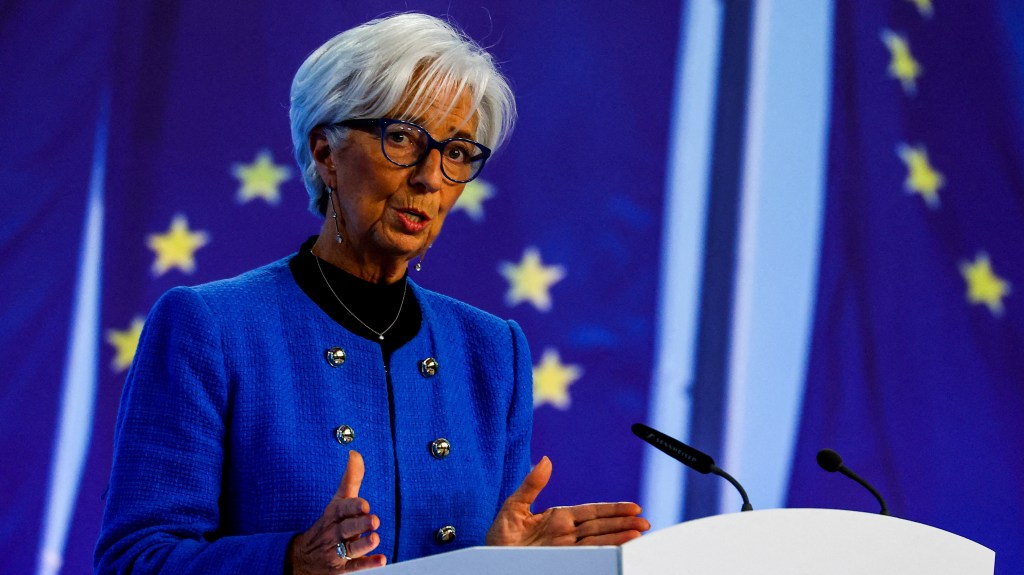Starmer’s Emphasis on AI Posture at London Tech Week
During the opening of London Tech Week on Monday, Prime Minister Sir Keir Starmer stated, “Posture matters,” emphasizing the importance of the UK’s position in the global AI landscape.
As part of his speech, Starmer announced a substantial £1 billion investment aimed at enhancing British computing capabilities, highlighting that the government’s commitment to the artificial intelligence sector reflects the global message they wish to convey.
The presence of Nvidia’s CEO Jensen Huang, one of the most significant figures in technology, alongside Starmer reinforced this message, showcasing London’s potential to draw in top talent and innovation.
During the event, Huang praised the UK, calling it a “Goldilocks” nation, ideally situated to seize AI opportunities, thanks to its rich ecosystem of universities, skilled workforce, and leading companies, including the driverless car firm Wayve based in London.
Despite the positive sentiments, Huang pointed out a significant challenge: the UK is the largest AI ecosystem globally without a dedicated AI infrastructure.
This indicates a pressing need for the British government to accelerate its investments. Last year saw the UK’s most powerful supercomputer exit the global top 50 rankings, underscoring the necessity for advancements in computing infrastructure to maintain competitiveness. This need prompted the recent investment announcement.
Huang noted, “You can’t do machine learning without a machine,” highlighting that the UK’s vibrant AI sector lacks the foundational resources necessary for growth.
On his way to a developer conference in Paris, Huang’s visit coincides with discussions of collaboration among European nations. However, the race for AI dominance is fierce, with Nvidia’s events stirring some rivalry across the English Channel.
The UK must avoid losing its leadership in AI. The £1 billion earmarked by Starmer, though significant, falls short compared to the hundreds of billions that major companies in the US, such as Amazon and Microsoft, are investing in their AI frameworks.
This disparity highlights the financial gap between nations and corporations and indicates the necessity for partnerships with Big Tech, without compromising the UK’s interests.
In the current tech climate, the term “digital sovereignty” has gained traction, reflecting concerns over ownership, control, and the capacity for self-sufficiency as geopolitical tensions increase, especially regarding AI capabilities.
Nvidia’s introduction of the UK SovereignAI Industry Forum aims to unite key players like Babcock, BAE Systems, and BT, focusing on boosting the nation’s economic security through the development of sovereign AI infrastructure.
US regulations restricting AI chip sales to rival nations like China further illustrate the competitive atmosphere overshadowing collaboration.
Recognizing the stakes involved, Microsoft President Brad Smith recently reassured European governments that the company would not yield to external pressures that could disrupt its cloud operations in Europe.
The UK faces the challenge of maintaining its edge without the extensive funding available in Silicon Valley. Starmer’s £1 billion computing investment is part of a broader strategy introduced earlier this year, with additional insights expected later this week during the Chancellor’s spending review.
Proposed “AI growth zones” may facilitate quicker planning approvals and ensure sustainable energy supply for crucial data centers, supporting the flourishing AI sector.
The government’s initiatives thus far appear pragmatic and constructive. For instance, the support announced for nuclear energy will aid in fulfilling the energy demands of data centers, regardless of their ownership.
Ultimately, the emphasis on posture is crucial, and the tech industry will be closely monitoring the upcoming spending review, hopeful that the government’s approach to AI is more than mere posturing.




Post Comment